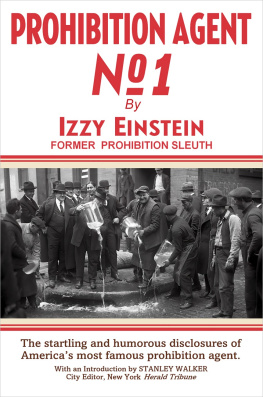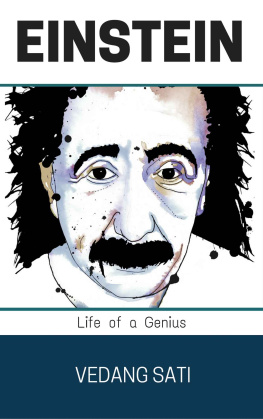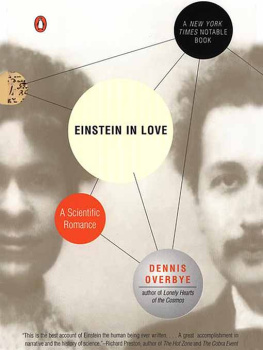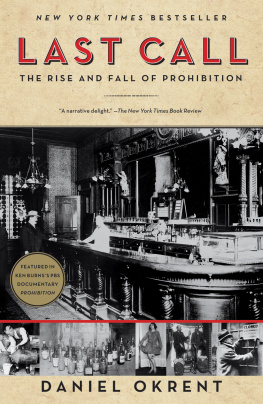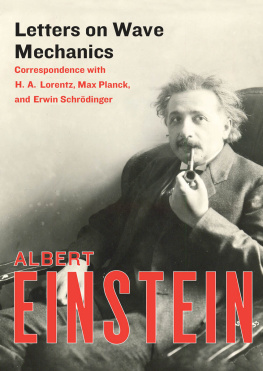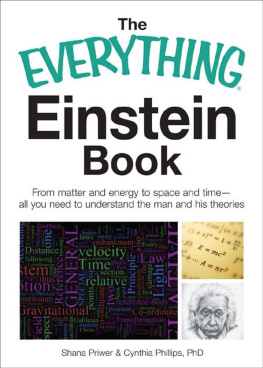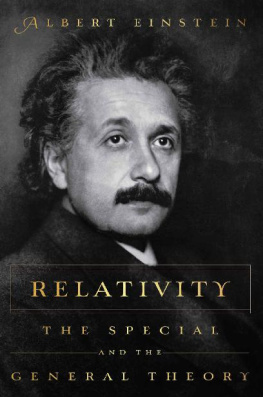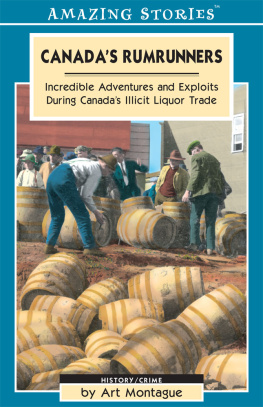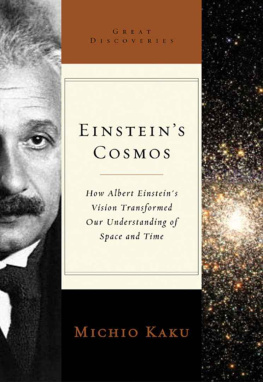Perditus Liber Presents
the
OCLC: 1300718
book:
Prohibition Agent No. 1
by
Izzy Einstein & Stanley Walker
Published 1932
PROHIBITION AGENT NO. 1

Ranchman Izzy Einstein in El Paso, Texas.
C OPYRIGHT , 1932, BY I ZZY E INSTEIN
All rights reserved. No part of this work may be reproduced without the written permission of the publishers.
Printed in the United States of America
To
THE 4,932 PERSONS I ARRESTED
HOPING THEY BEAR ME NO GRUDGE
FOR HAVING DONE MY DUTY
C HIEF J USTICE T AFT , in handing down the Courts decision, stated as follows:
What Einstein saw and ascertained was quite sufficient to warrant a man of prudence and caution and his experience in believing that the offense had been committed of possessing illegally whiskey and intoxicating liquor and that it was in the building he described.
The decree is affirmed.
He has indicated his fitness for the performance of the duties of the position and his zealousness and efficiency have become proverbial.
L OUIS M ARSHALL .
PREFACE
W HILE I was still a Prohibition agent I announced I was going to write a book about my experiences, but I was warned not to. My chief informed me that such a thing would be contrary to regulationsno employee of the department could keep his job and write about it at the same time.
I was disappointed. And so were some of the newspapers, apparently. About forty of them, from coast to coast, carried a story about the Book That Might Have Been. Some papers even had editorials about it, saying such things as:
Izzy could write a first-hand thriller. ( Brooklyn Eagle .)
In England some popular memoirs were written by the Gentleman with a Duster. Izzy might write as the Gentleman with a Mop. ( New York World .)
In these days, when liquor is on nearly every lip, the story of Izzys disguises, his raids and captures, and the strange devices of moonshiner, bootlegger, and dry
ix
agent, would be great reading. Izzys book might easily become one of the six best sellers. ( Detroit News .)
That book of his certainly would have had some kick. ( Detroit Free Press .)
Izzys literary ambitions are to be quashed, and from the world is being withheld a book that might have been placed among the worlds greatest humor. ( Providence Journal .)
Well, rather than deprive the world that badly, I have now written the booknow that I am no longer an agent and am free to tell the inside story of my experiences with the bootlegging profession.
What particularly stirred me to write it was all this talk thats going on nowadays about Repeal being just around the corner. In my humble opinion such predicters are guessing wild. The day when Prohibition is repealed will not be in our lifetime. And Im not looking forward to dying soon.
I say this not to bid for either your approval or your goat, but just as some one who has been in the thick of Prohibition as it really is, and not merely looking on at it from a personal angle. If the facts I reveal happen to muss up anybodys pet theories, Im sorry. My main purpose is to entertain the
x
reader with a rather unusual line of experiences and adventures.
I ZZY E INSTEIN .
167 Ridge Street,
New York City,
September 20, 1932.
xi
CONTENTS
xiv
ILLUSTRATIONS
xv, xvi
INTRODUCTION
T HOSE of us who had known and loved Izzy Einstein back in the old days when prohibition was just a new toy were astounded, to phrase it mildly, when we were told that the Master had written a book. But the more we thought of it, the better the idea seemed. It was simply that, wrapped as we were in contemplation of the mans amazing versatility, we had not dared imagine him as a writing man. But it turns out that he is a writing man, and a good one.
He is more. This man of a thousand disguises, who single-handed, almost, held back for a long time the legions of the rum demon, takes high rank as raconteur, adventurer, psychologist and social commentator. It is to many of us a sad thought, but when he says that there are 100,000 speakeasies in New York, his word carries weight. And when he says that prohibition is here to stay, there is something in the ring of authority with which he says it that makes one wonder if, after all,
xvii
such a great man as Dr. Nicholas Murray Butler may not be wrong in his optimism.
The days when the incomparable Einstein roamed New York, raiding right and left, disguising himself in all manner of hilarious get-ups, belong to a fabulous period. It seems incredible. Here was a dry agent who actually raided! If every agent had been as industrious, as capable and as intelligent as Izzy, this country would be dry to-day, if the courts could have handled all the cases, God forbid.
Jealous critics, some of them in Washington, charged when Einstein was at the height of his glory that he was a creature of publicity, an amusing but improbable product of the imagination of newspaper reporters. A gross underestimate of the man! His right to fame may be established by any one who cares to examine the records of the prohibition enforcement arm of the Federal government. There, moldering in the archives, lie the proofs of the mans greatness.
As for the insinuation that reporters gave Izzy more play than he deserved, the evidence in Izzys book alone would be enough refutation. He performed a great many
xviii
valiant deeds which he describes here for the first time. How could the agencies of publicity ignore the man? As well ignore a comet. True, reporters welcomed news of the deeds of Izzy, and fattened upon his heroic and ingenious exploits. They might have resented his raiding of Jacks, the famous Sixth Avenue restaurant, but they never held a grudge against Izzy. There are men now living who were reporters when Izzy was at the zenith of his amazing careerFrank Sullivan, now a grumpy recluse, who wrote of Einstein in the Evening Sun; Walter Davenport, Edwin C. Hill and Thoreau Cronyn, who were on the old Herald under the Munsey ownership when the great man was at his raids; Lindsey Denison and Martin Green, who wrote columns about him for the Evening World; ONeill and Don Clarke for the morning World; Alva Johnston, Russell Porter and Bruce Rae, who were on the Times in that gaudy period; Boyden Sparkes and Frederick B. Edwards, then on the Tribune. All these can attest that Izzy was no myth.
Izzy Einstein almost made prohibition popular. It may be argued, and with considerable
xix
plausibility, that the turn of the tide against prohibition came when Izzy, rather than be shifted to the West, away from his beloved home in Ridge Street on New Yorks lower East Side, decided to retire from the wars, hang up his disguises and go into business. With Izzy gone, the enforcement of prohibition became somehow a humdrum, unpleasant and sometimes sinister affair. He stood out among the other dry agents of his day, for most of them were either slothful or venal. They are not much better to-day.
What Izzy brought to prohibition enforcement (and this is something which not even his greatest admirers, including the late Wayne B. Wheeler, quite appreciated) was the spirit of fun, of buffoonery. There are a few convinced prohibitionists among the dry agents who conduct raids and lock up bootleggers because their hearts are in the causenot many, but a few. But this fanatical pleasure is vastly different from the sheer joy experienced by Izzy when, disguised as a musician, a waiter, a drummer, a mill hand or a visiting buyer, he betrayed the evil-doers. He was not bitter against booze, but it was fun to be in the tricky business of catching

